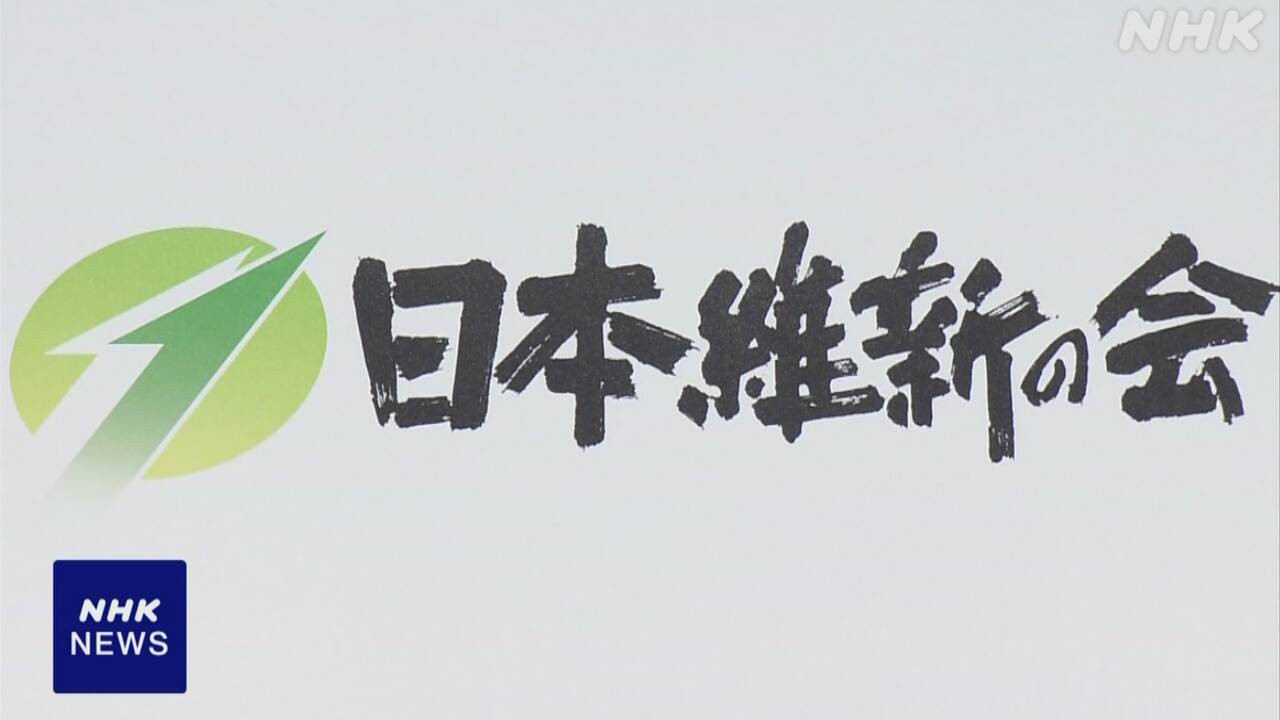Regarding financial resources for countering the declining birthrate, the Japan Restoration Association is proposing that financial resources be secured through medical system reform, such as increasing the burden of medical expenses for the elderly to 30% in principle, rather than through a government-created "support subsidy system." I have put together a draft.
In order to secure financial resources to combat the declining birthrate, the government plans to create a "support system" that will be collected from citizens and businesses through public health insurance, and to begin operating it in fiscal 2026.
The Japan Restoration Society has taken a stance against this in its draft proposal, arguing that it would "further increase the burden on the working generation."
In order to secure financial resources without relying on tax increases or increases in social insurance premiums, the medical system will be fundamentally reformed, with medical expenses for the elderly currently ranging from 10% to 30% depending on age and income. In principle, the counter charge will be 30%.
In addition, the ``High-Cost Medical Expenses System,'' which sets an upper limit on the amount of monthly out-of-pocket medical expenses, is subject to revisions for people aged 70 and older depending on their financial situation.
On the other hand, for low-income people, a new system will be established to utilize the My Number system to reimburse medical expenses to reduce the burden.
The Japan Restoration Association will discuss the matter at a party meeting on the 21st and then formally compile its recommendations.

